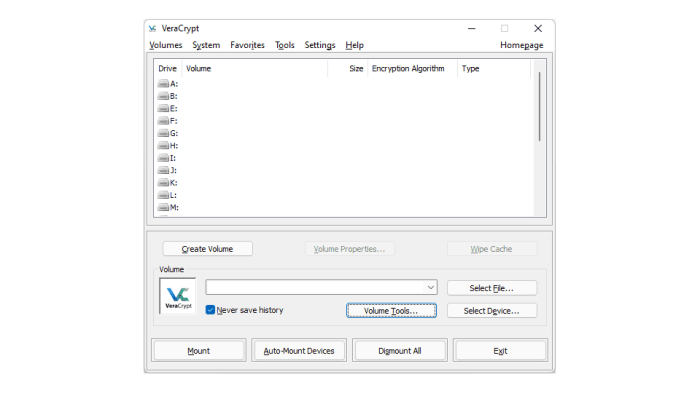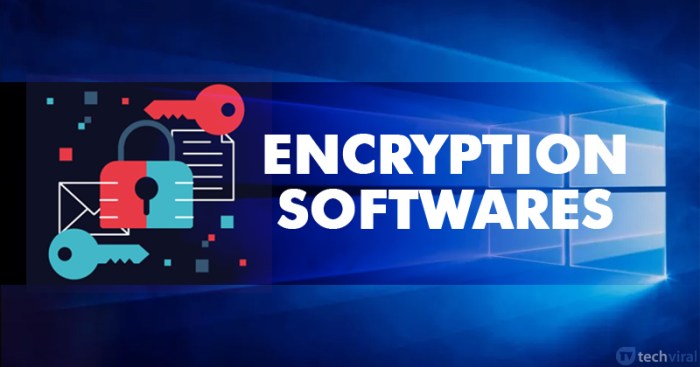In today’s digital age, data security is paramount. Protecting sensitive information stored on your hard drive is crucial, and hard disk encryption software provides a robust solution. This comprehensive guide explores the intricacies of hard disk encryption, outlining its benefits, different types, selection criteria, and frequently asked questions. We’ll delve into various software options, security considerations, and best practices to ensure your data remains confidential and protected from unauthorized access.
Understanding Hard Disk Encryption
Hard disk encryption is a security process that transforms your readable data into an unreadable format, often referred to as ciphertext. This transformation is achieved through an encryption algorithm, using a unique encryption key. Only those possessing the correct decryption key can access and decipher the original data. This protects your information even if your hard drive is stolen or falls into the wrong hands.
This is crucial for protecting sensitive data like financial records, personal identification information (PII), intellectual property, and confidential business documents.

Source: lifewire.com
Types of Hard Disk Encryption, Hard disk encryption software
Several methods exist for encrypting your hard drive, each with its own strengths and weaknesses:
- Full Disk Encryption (FDE): This encrypts the entire hard drive, including the operating system, applications, and user data. It offers the highest level of security but can be slower than other methods. Examples include BitLocker (Windows) and FileVault (macOS).
- File-Level Encryption: This encrypts individual files or folders, offering granular control over which data is protected. While less comprehensive than FDE, it’s useful for selectively protecting sensitive files within a larger, unencrypted system. Popular tools include 7-Zip with AES-256 encryption and VeraCrypt.
- Self-Encrypting Drives (SEDs): These hard drives have built-in encryption hardware, handling the encryption and decryption processes directly on the drive. This offers excellent performance and security, but the encryption is typically managed by the drive manufacturer’s firmware.
Choosing the Right Hard Disk Encryption Software
Selecting the appropriate hard disk encryption software depends on several factors:
- Operating System Compatibility: Ensure the software is compatible with your operating system (Windows, macOS, Linux).
- Encryption Algorithm: Look for software using strong, industry-standard encryption algorithms like AES-256. Avoid weaker algorithms like DES or 3DES.
- Key Management: A robust key management system is crucial. Consider whether you want to manage the key yourself (with a strong password) or use a more complex key management solution.
- Performance Impact: FDE can impact system performance, especially on older hardware. Consider the trade-off between security and speed.
- Ease of Use: Choose software with a user-friendly interface, especially if you’re not technically inclined.
- Cost: Some software is free and open-source, while others are commercial products with varying price points.
Popular Hard Disk Encryption Software Options
Several reputable hard disk encryption software options are available:
- BitLocker (Windows): Built into Windows Pro and Enterprise editions, BitLocker offers robust full disk encryption.
- FileVault (macOS): Apple’s built-in full disk encryption for macOS provides a user-friendly experience.
- VeraCrypt: A free, open-source, and cross-platform disk encryption software offering strong security and flexibility.
- LUKS (Linux Unified Key Setup): A widely used standard for disk encryption on Linux systems.
Security Best Practices for Hard Disk Encryption
Even with robust encryption, following best practices enhances overall security:
- Strong Passwords: Use long, complex, and unique passwords for your encryption keys. Avoid easily guessable passwords.
- Regular Updates: Keep your encryption software and operating system updated to benefit from security patches and bug fixes.
- Backup Your Key: Store a backup of your encryption key securely, but separately from your encrypted drive. Consider using a password manager to securely store your key.
- Two-Factor Authentication (2FA): Where available, enable 2FA for added security.
- Physical Security: Protect your computer from physical theft or unauthorized access.
Frequently Asked Questions (FAQ)
- Q: Is hard disk encryption necessary? A: The need for hard disk encryption depends on the sensitivity of your data. If you store sensitive personal or financial information, encryption is highly recommended.
- Q: How long does it take to encrypt a hard drive? A: Encryption time varies depending on the size of the drive, the encryption algorithm, and the hardware. It can range from several minutes to several hours.
- Q: What happens if I forget my encryption key? A: If you forget your encryption key, you will likely lose access to your data. There’s no way to recover it without the key.
- Q: Can I encrypt a USB drive? A: Yes, most hard disk encryption software can also encrypt external drives like USB drives.
- Q: Is hard disk encryption slow? A: Full disk encryption can slightly decrease performance, but modern hardware and algorithms minimize this impact. File-level encryption generally has a less noticeable effect on speed.
- Q: What is the difference between AES-256 and AES-128? A: Both are Advanced Encryption Standard (AES) algorithms, but AES-256 uses a 256-bit key, making it significantly more secure than AES-128, which uses a 128-bit key. The longer key length makes brute-force attacks exponentially more difficult.
Resources
Call to Action
Protecting your valuable data is an investment in your peace of mind. Choose the right hard disk encryption software today and safeguard your sensitive information from unauthorized access. Explore the options discussed above and select the solution that best fits your needs and technical expertise. Don’t delay – secure your data now!
FAQ Corner
What are the different types of hard disk encryption?
Common types include full disk encryption (FDE), which encrypts the entire drive, and file-level encryption, which encrypts individual files or folders.

Source: techviral.net
How does hard disk encryption impact performance?
There can be a slight performance impact, but modern encryption algorithms are optimized for minimal overhead. The impact varies depending on the hardware and software used.
What happens if I lose my encryption key?
Losing your encryption key means irreversible data loss. Secure key management practices are essential.
Is hard disk encryption suitable for all users?
While beneficial for most, the level of encryption needed depends on the sensitivity of the data. Users with less sensitive data might find simpler methods sufficient.
Can I encrypt an external hard drive?
Yes, many encryption solutions support external hard drives, providing portable data protection.
